
Green Travel Strategies for Mountain Tours: Go Higher, Tread Lighter
Chosen theme: Green Travel Strategies for Mountain Tours. Discover practical, inspiring ways to explore mountains while shrinking your footprint, strengthening local communities, and protecting fragile alpine ecosystems. Join the conversation, share your tips, and subscribe for weekly field-tested ideas.
Favor established, well-maintained paths and loop itineraries that disperse traffic. Avoid shortcuts that slice switchbacks and accelerate erosion. Step on durable rock or gravel where possible, and reroute after heavy rain to prevent trail widening and damage.
Plan Low-Impact Mountain Itineraries
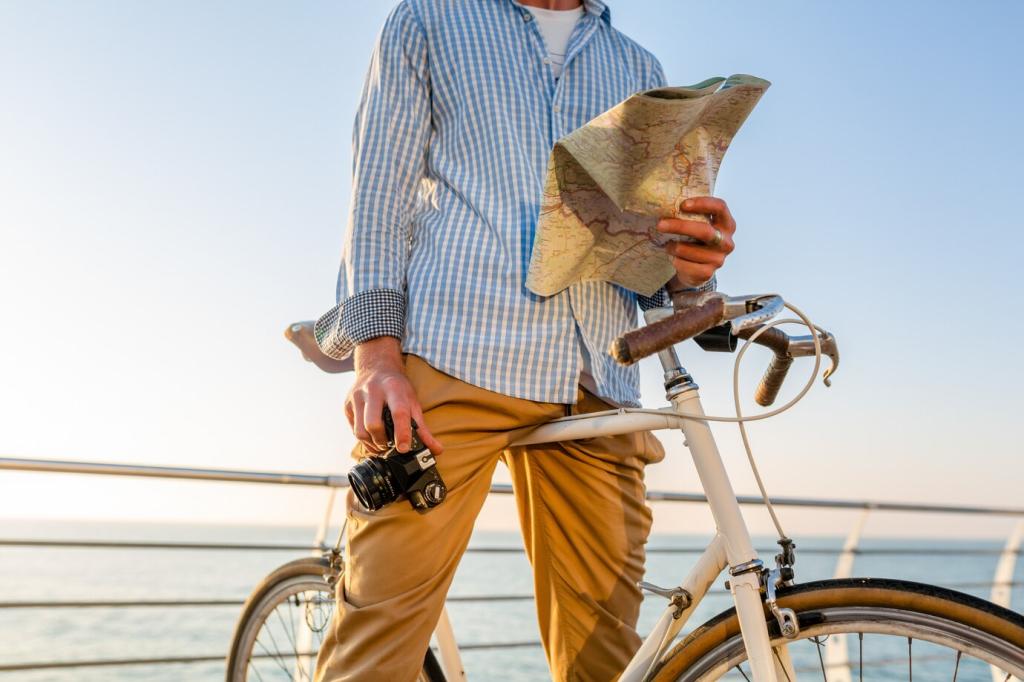

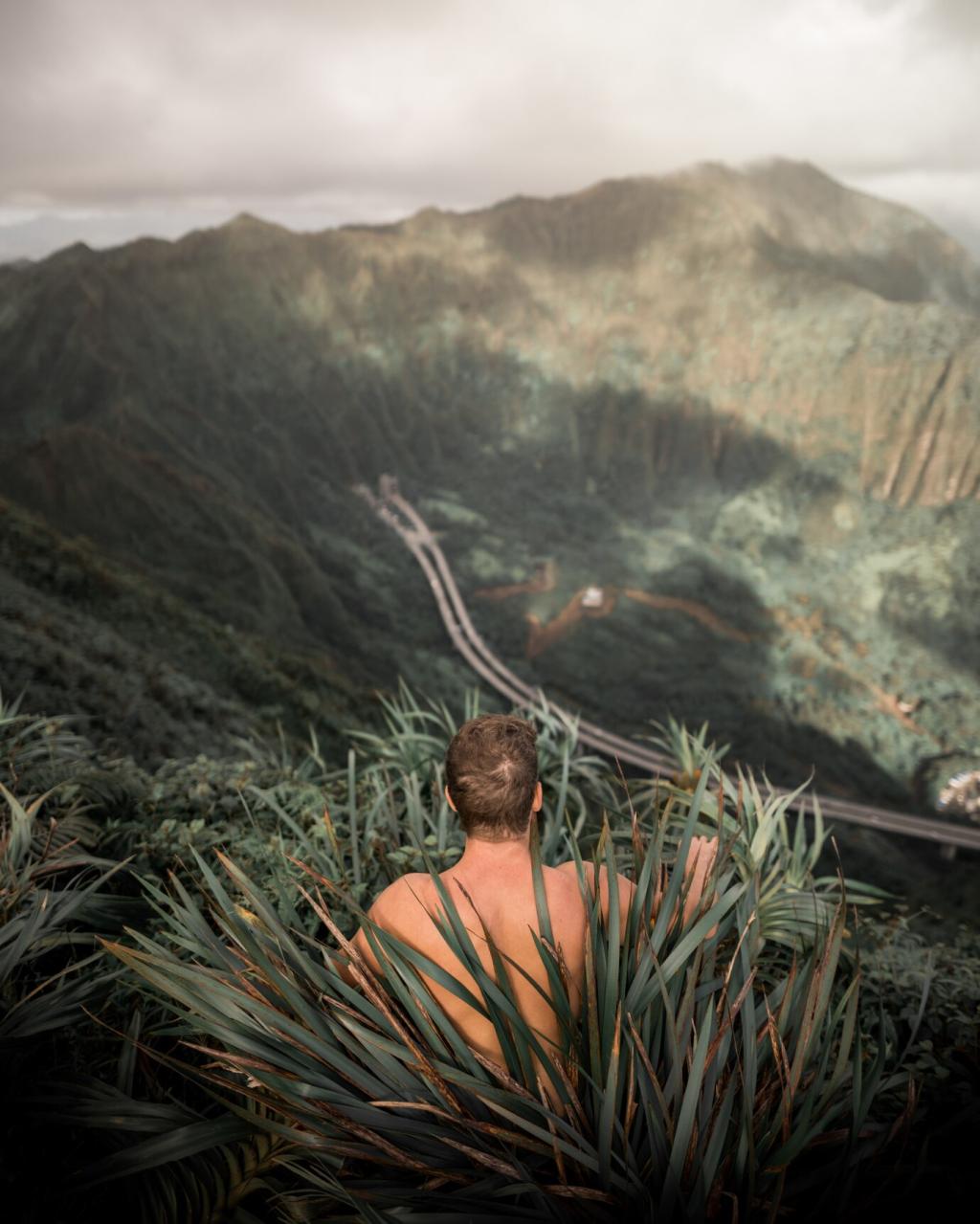
Lower Your Travel Footprint Before The Trailhead
Investigate rail lines and regional buses that reach gateway towns. Many parks now offer seasonal shuttles to trailheads. The journey becomes part of the experience, and you avoid trailhead congestion while slashing parking stress and tailpipe emissions.
Lower Your Travel Footprint Before The Trailhead
If driving, organize a full carpool and pack efficiently to avoid roof racks that increase drag. Electric vehicles are increasingly supported at gateway accommodations. Plan charging around meal stops and support lodges investing in renewable infrastructure.
Lower Your Travel Footprint Before The Trailhead
Estimate trip emissions using a simple calculator, reduce where feasible, then offset with credible, transparent projects. Favor efforts that restore ecosystems or protect forests, and treat offsets as a last step, not a license to emit more.
Leave No Trace In Fragile Alpine Zones
Camp And Walk On Durable Surfaces
Choose gravel, rock, or snow for travel and rest, not meadows or cryptobiotic soil. Place tents on previously impacted sites. Rotate cooking spots and keep kitchens compact to avoid creating satellite camps that scar the vegetation.
Waste: Pack It Out When Soil Is Thin
In forests with deep mineral soil, bury human waste in a cathole 6–8 inches deep, 200 feet from water. In alpine or desert zones with thin soil, pack it out using approved bags. Always pack out paper and hygiene items.
Wildlife Etiquette Protects Lives
Store food securely, cook away from tents, and never feed animals, even birds. Keep quiet at dawn and dusk when wildlife is active. If an animal changes behavior to watch you, you are too close—back off and give space.
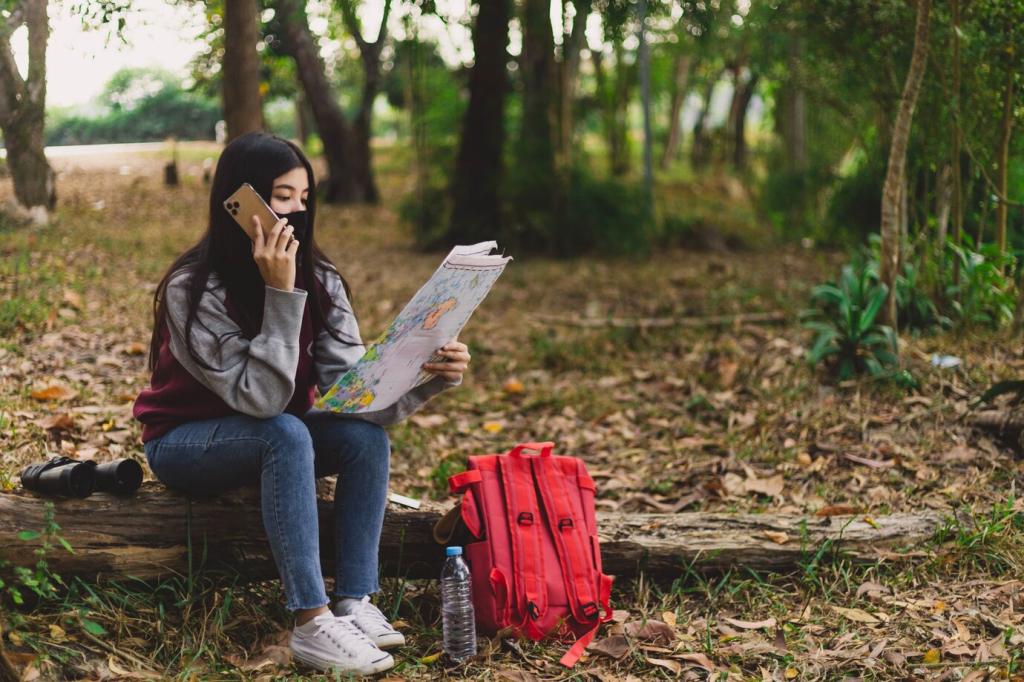
Source Locally And Seasonally
Buy staples from nearby farms, bakeries, and co-ops before ascending. Your money stays in the valley, reducing transport miles and strengthening mountain economies. Ask shopkeepers about bulk options to skip unnecessary plastic and branding-heavy single servings.
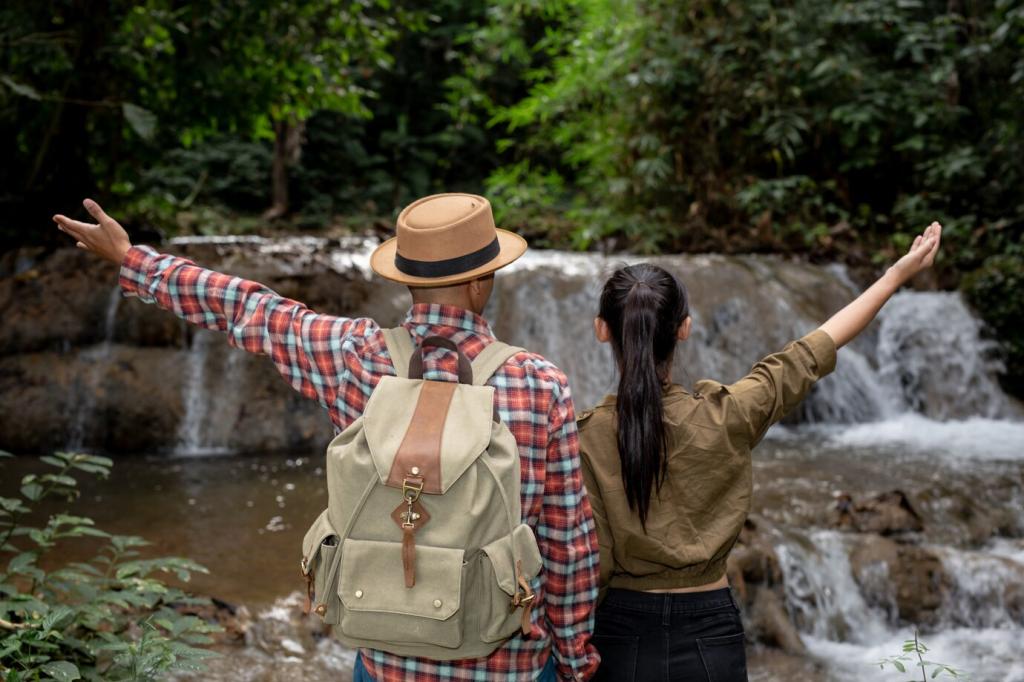
Pack Meals That Create Less Trash
Dehydrate homemade sauces, pack grains in cloth bags, and portion snacks into reusable containers. Refill spice kits instead of buying new. Leave outer packaging at home, and bring a tiny, sealable bag for micro-litter and food crumbs.
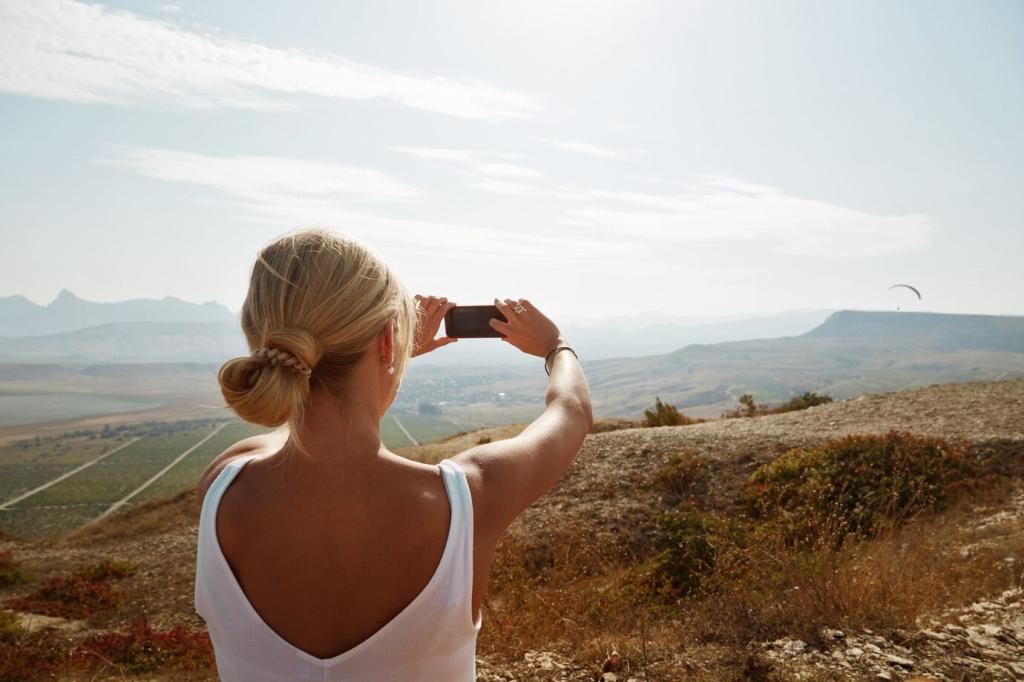
Treat Water With Careful Methods
Carry a reliable filter and a chemical backup for silty sources. Boiling works above treeline during long rests. Avoid contaminating streams by filling away from crossings, and use biodegradable soap at least 200 feet from any water.
Forecasts, Terrain, And Turnaround Times
Study weather, avalanche bulletins, and trail conditions before committing. Set firm turnaround times and stick to them. A conservative decision may save lives, helicopter flights, and costly trail damage from hurried, off-route descents.
Partner With Local Knowledge
Talk with rangers, guides, and hut wardens about sensitive zones and current closures. Their guidance helps you avoid nesting areas, muddy sections, and unstable slopes. Share updates with fellow hikers to spread stewardship across the corridor.
Field Story: A Greener Traverse That Changed Our Habits
We took an overnight train to a valley town and a shuttle to the trailhead, arriving rested. A local baker filled our tins with day-old bread, and the hut keeper refilled our bottles from a UV station.

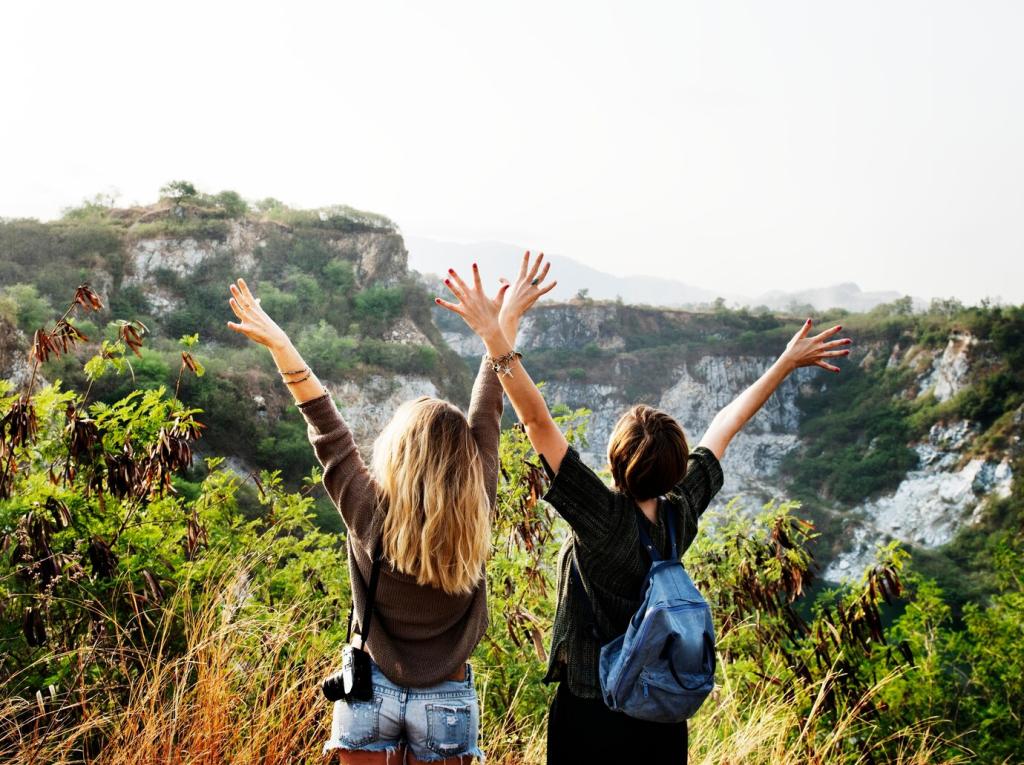
Field Story: A Greener Traverse That Changed Our Habits
Repair patches saved a rainfly during a storm, and our pack-out bags kept tiny waste contained. A trail steward thanked the group for sticking to rock slabs during thaw. We left with lighter packs and cleaner consciences.
